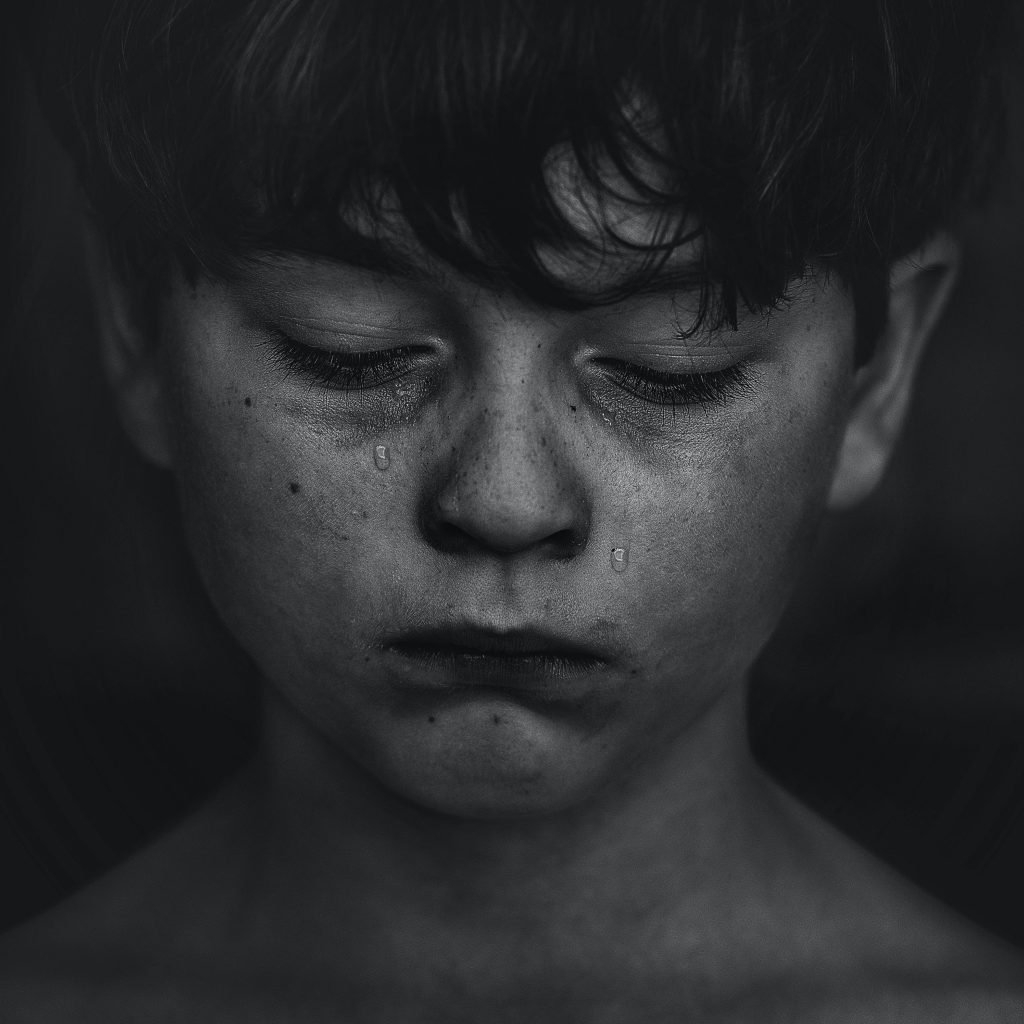The next Beatitude declares, “Blessed are those who mourn, for they will be comforted” (Matthew 5:4, NRSV).
Deep Mourning
To mourn is to feel grief or sorrow. At some level, mourning is part of the human experience. After all, we all at some point will experience the death of a loved one. But in these blessings, Jesus seems to point to something beyond the basic human experience. There is a depth to this mourning.
This depth standing is an assault on a spirit of power. Power wants us to minimize our grief. It suggests we dismiss the pain by insisting that there is a silver lining. It calls us to quickly get back to our everyday routines that do not give us time to feel. But a spirit of love invites us to mourn deeply. Love invites us to express what we feel because it is ok to hurt.
I want to explore three sources of this deep mourning. One is to experience great personal suffering. Another is to witness radical injustice. A third is to experience how your behavior brings suffering to someone else. Let me unpack each of these and how they lead to the divine comfort Jesus speaks about.

Mourning Through Personal Experience
The first of my three examples might be the easiest to understand but the hardest to go through. Whether it is the trauma of abuse or betrayal, displacement due to war or famine, or losing everything in a natural disaster, tragedy can serve as a powerful invitation to self-discovery. If we choose to respond to this invitation, we can not only discover the resilience of our own human spirit but we can gain deep insight into what is truly significant.
I say this as a survivor of childhood sexual abuse. For decades, I allowed that painful experience to rampage through my psyche and fuel all kinds of vile behavior. Not facing my trauma prompted me to traumatize others. But when I shifted my response from anger to grief and allowed myself to heal, I learned to reframe the experience. Today it is part of my story, but it does not define me. Moreover, I see it as an important piece in my overall personal and spiritual formation. I mourned and found comfort.
Mourning Through Injustice
Another way to step into deep mourning is to become aware of radical injustice. At some level, this is what happened in the summer of 2020 with the Civil Rights Protests following the murder of Black Americans like George Floyd and Breonna Taylor.
While events like these have enraged People of Color throughout American history, something about these events triggered an initial awakening of many Americans of European descent. And rather than just being outraged at these police killings, it prompted many people to take a closer look at the history of race in America.
For some it focused on slavery is portrayed by school textbooks in the South. Others recognize the failure of post-Civil War Reconstruction for the first time. Still more became aware of lynchings and Jim Crow laws. Practices like Red Lining and political decisions to fund schools largely based on property taxes took on new meaning. Mass incarceration began to be seen as a public crisis.
While this surge of awareness surrounding historic and systemic injustice has yet to fully bring out transformation in our society, there are signs of hope. And with that hope, the possibility that all will be comforted. After all, as Coretta Scott King said, “Hate is too great a burden to bear. It injures the hater more that it injures the hated.”
Mourning Through Guilt
The third one sounds strange because you are the instigator of the suffering. As I mentioned a few moments ago, I spent decades living out of the suffering I experienced as a child. In the process, I hurt people. I was unfaithful in two marriages. Much of my cheating happened while serving as a pastor. When I first met my second wife, I lied about the extent of my infidelity in the first marriage. And caught in the middle of all this is my son.
I remember sitting in church right before Thanksgiving in November 2018 when I suddenly became aware of just how much pain I caused. I always knew I hurt people, but this was different. This was a deep sorrow for how self-serving I’d been, and it hung with me for most of the next 18-months.
But this season of mourning taught me something. For years I used the idea of divine grace as a way of dismissing my hurtful behavior. I used forgiveness to blow off feeling guilty. But this season taught me that radical divine love is intended not to dismiss guilt but to disempower shame. Grace is the voice that tells you that you are loved and worthy of love even when you harm others. But that innate belovedness is also what enables you to sit in the pain you caused, to grieve it, and to begin sorting out how to live differently.
Blessed Are Those Who Mourn
The point is, suffering, whatever the source, can be deeply formative if we allow it to be. It can teach us about ourselves and the divine, which ultimately brings us a deep sense of abiding comfort. That is why we are blessed to mourn.
How about you? What is at the root of your mourning and how are you finding comfort? If you are still seeking that comfort, consider signing up for an hour of soul guidance and let’s talk about your experience.
The Series
This post is part of an ongoing series. Link here for a list of every episode in this series.